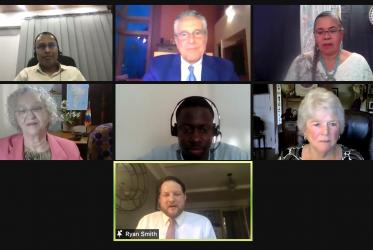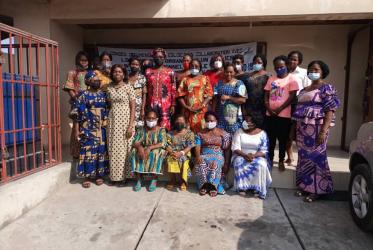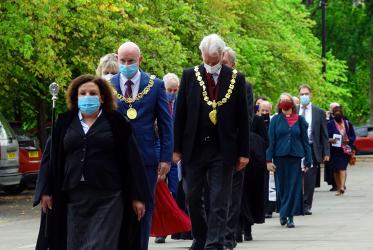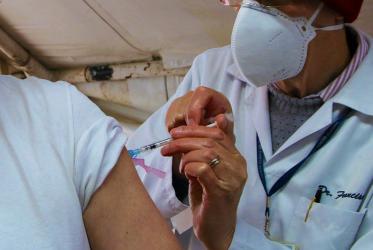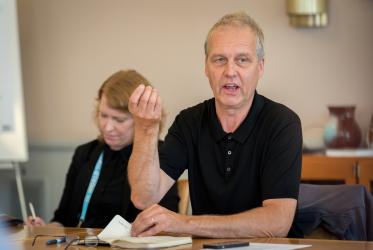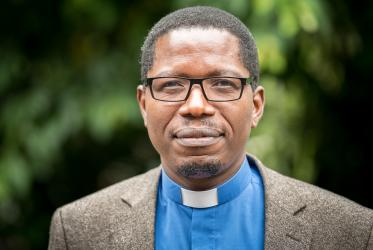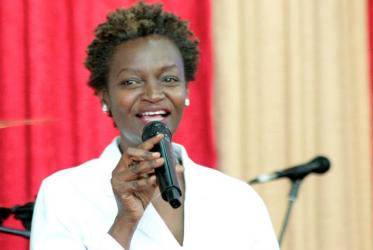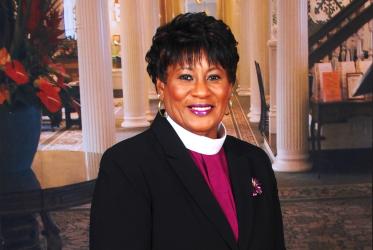Improving awareness among girls and women on violence, transformative masculinities and femininities, HIV in the COVID-19 context: in order to achieve this very important objective, the World Council of Churches (WCC) Ecumenical HIV and AIDS Initiatives and Advocacy, in collaboration with the non-governmental organization Déborah and the Bible Society of Benin, held an intergenerational workshop for 25 girls and women from the Protestant Methodist Church of Benin, the Assemblies of God Church of Benin, Pentecostal churches and non-governmental organisations. The workshop took place at the Bible Society of Cotonou.
20 September 2021

